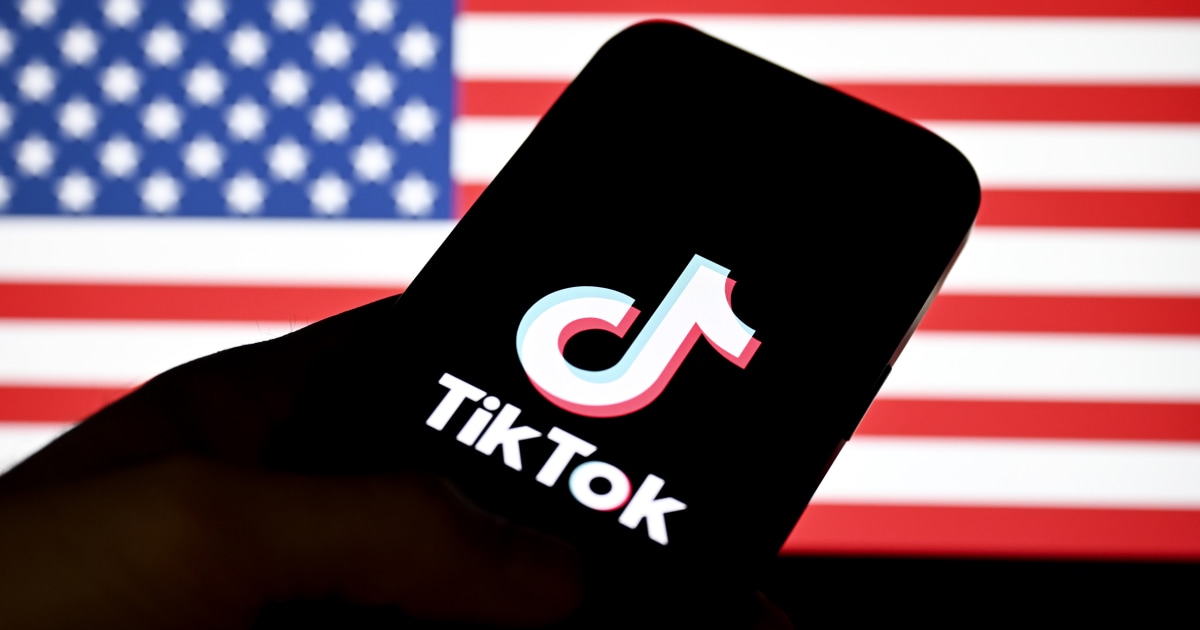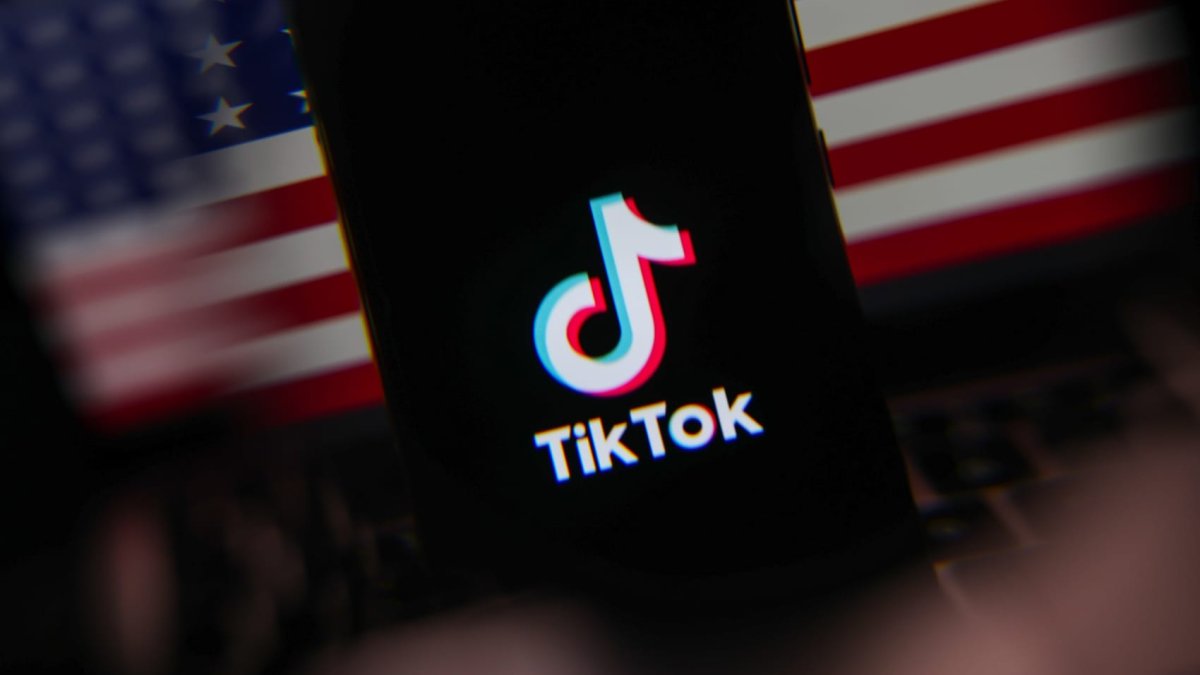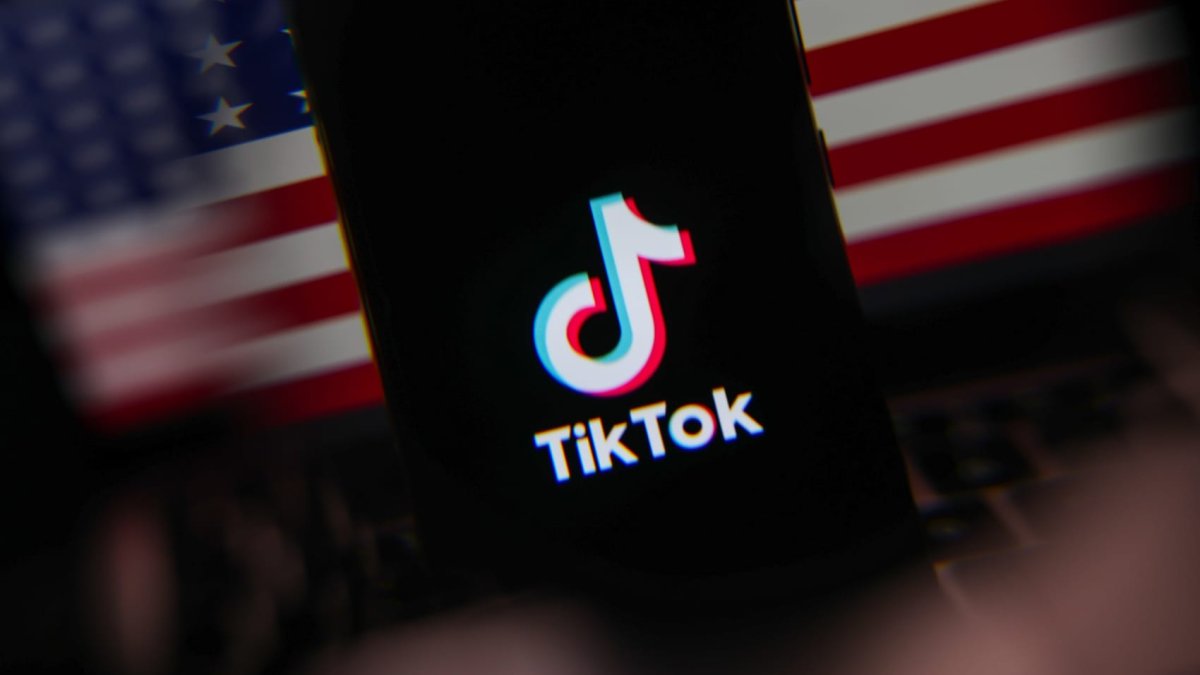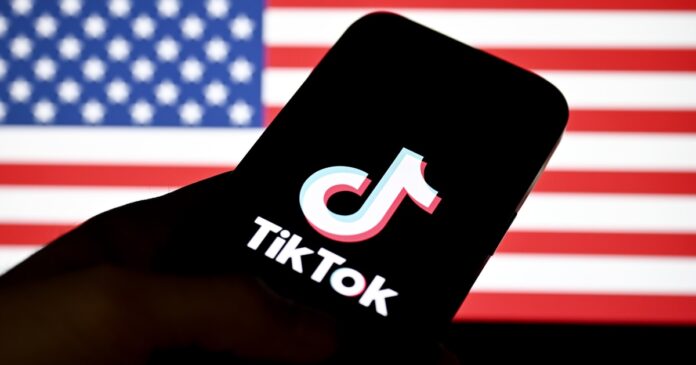## TikTok’s Rebound: Back in Business After Trump’s Twitter Tirade
Remember the days when your morning scroll was punctuated by the catchy tunes and viral dances of TikTok? Well, brace yourself for a dose of nostalgia, because the beloved app is back in full swing for U.S. users! Just days after controversial comments from former President Trump threatened its very existence, TikTok has managed to bounce back, leaving users and observers alike wondering about the future of the social media giant.

Trump’s Intervention and TikTok’s Return

The President’s Plea
In a notable turn of events, President-elect Donald Trump took to his preferred platform, Truth Social, to express his desire for TikTok to remain accessible in the United States. This intervention came just hours before the platform was slated to be blocked for American users. Trump’s post explicitly stated his wish for TikTok to remain operational, particularly highlighting its potential role in broadcasting his inauguration on Monday.
The President’s plea, characterized by its directness and urgency, signaled a clear shift in the narrative surrounding TikTok’s future in the U.S.

Service Restored, But Not Secure
Following Trump’s statement, TikTok announced a swift restoration of service for its U.S. user base. The company expressed its gratitude towards the President for providing the “necessary clarity and assurance” to its service providers, effectively averting a complete blackout for its 170 million American users and the 7 million small businesses that rely on the platform.
However, TikTok’s statement also acknowledged the temporary nature of this reprieve. While expressing its commitment to working with President Trump on a long-term solution, the company implicitly recognized the ongoing uncertainty surrounding its future in the U.S. market.
Executive Order on the Horizon
Trump further solidified his position by indicating his intention to issue an executive order on Monday, extending the deadline for the TikTok ban. This order would serve a dual purpose: providing a window for negotiation and potentially paving the way for a deal that satisfies national security concerns while allowing TikTok to continue operating in the U.S.
This move carries significant legal implications, as it directly challenges the existing law that mandates ByteDance, TikTok’s parent company, to divest its ownership stake in the app to a non-Chinese buyer by a specific deadline.

A Divided GOP and the Murky Future of TikTok
Republican Discord
Despite Trump’s apparent support for TikTok, the Republican party is not unified in its stance on the app’s future. This internal conflict was evident in the contrasting statements issued by key figures like House Speaker Mike Johnson and Senators Tom Cotton and Pete Ricketts.
Johnson suggested that Trump’s call to “save TikTok” implies a push for a full divestiture of ownership, while Cotton and Ricketts maintained a firm position against any extension of the ban’s deadline, arguing that ByteDance must relinquish control of the app entirely to comply with the law.
This discord within the GOP could significantly complicate future policy decisions regarding TikTok, as it highlights the lack of a clear consensus on how to navigate the complex intersection of national security concerns, free speech, and business interests.

ByteDance’s Resistance
Complicating matters further is ByteDance’s unwavering refusal to sell TikTok to a non-Chinese buyer. The company has consistently maintained that it is committed to protecting its intellectual property and safeguarding user data, while emphasizing its role as a platform for free expression and creative content sharing.
This stance puts ByteDance in direct conflict with the U.S. government’s objective of severing all ties between TikTok and its Chinese parent company, potentially leading to an impasse in negotiations and further fueling uncertainty about TikTok’s future.
The 20% Ownership Cap
Adding another layer of complexity to the situation is the 20% ownership cap imposed on “foreign adversary” entities by the law banning TikTok. This cap presents a significant hurdle for any potential deal, as it essentially prohibits any arrangement that allows ByteDance to retain a controlling stake in the app.
To circumvent this obstacle, either Congress would need to amend the law or a creative solution would need to be devised that satisfies both national security concerns and the requirements of the existing legislation.
Navigating the Uncharted Waters: Long-Term Solutions and Political Implications
The Joint Venture Proposal
In an attempt to bridge the divide, Trump has proposed a 50/50 joint venture for TikTok, with the U.S. government holding an equal stake in the company. This idea, while potentially offering a compromise, raises several concerns regarding data security, national security implications, and the potential for government interference in content moderation.
The feasibility of such a joint venture remains to be seen, as it would require extensive negotiation and careful consideration of the potential risks and benefits for both the U.S. and China.
The First Amendment Debate
The debate surrounding TikTok’s future in the U.S. also extends to the realm of free speech. Critics of the ban argue that it represents an unwarranted infringement on First Amendment rights, pointing to TikTok’s role as a platform for creative expression and a source of information for millions of users. Supporters of the ban, on the other hand, contend that national security concerns outweigh individual rights in this case, citing the potential for data misuse and the spread of misinformation.
This clash of perspectives underscores the complex ethical and legal considerations surrounding the regulation of online platforms, particularly in the context of national security and free speech.
The Broader Geopolitical Context
The TikTok saga is intricately intertwined with the broader geopolitical tensions between the U.S. and China. This case has become a focal point in the ongoing struggle for technological dominance, highlighting the growing competition between the two countries for influence and control over the global tech landscape.
The outcome of this case will undoubtedly have far-reaching implications for the future of U.S.-China relations and the global regulatory framework governing data privacy, national security, and free speech in the digital age.
Conclusion
safe

